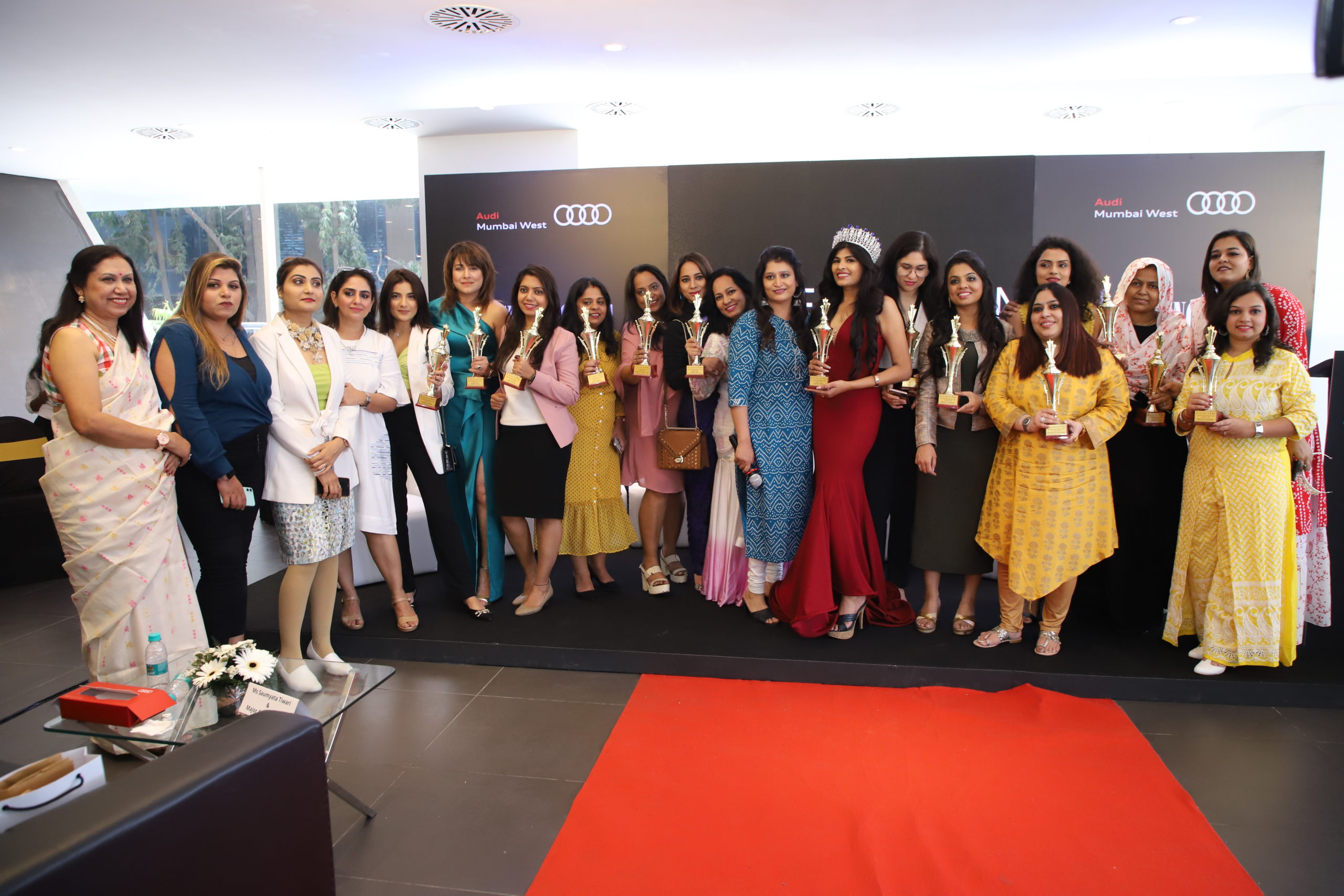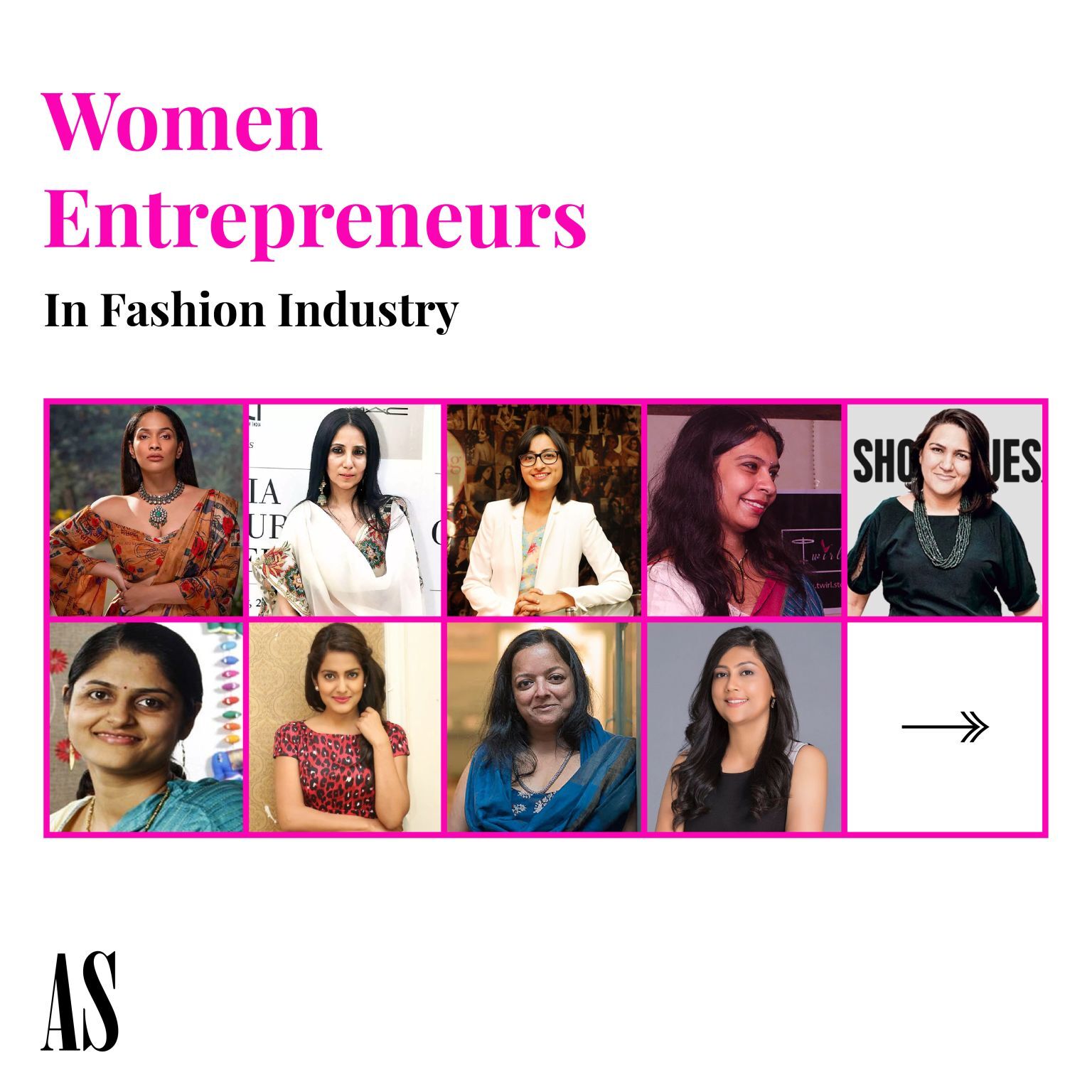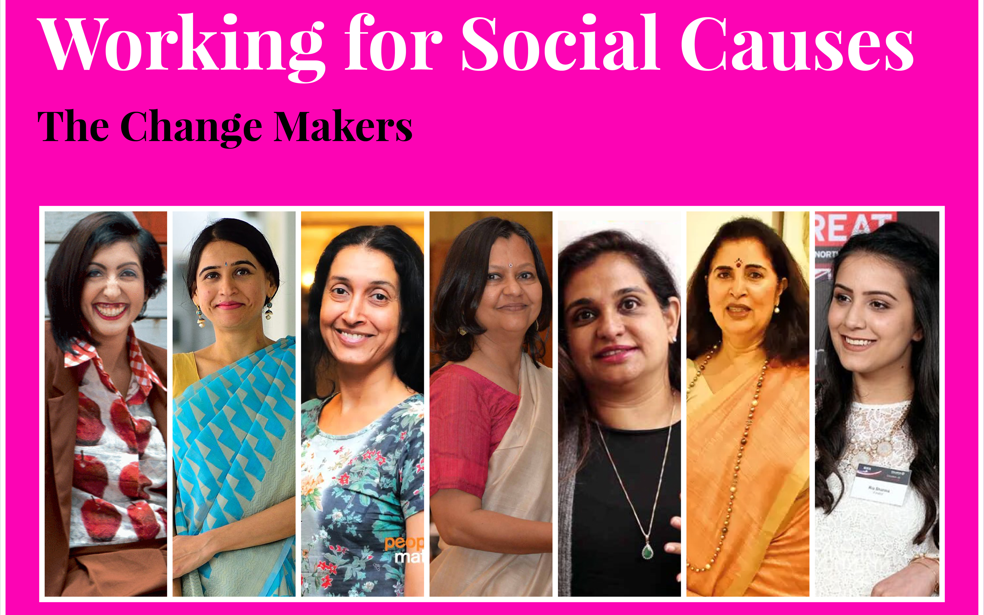
Unfolding Stories of Indian Women who work tremendously for Social Causes
AspiringShe presents a celebration of champions and these pioneering women of our society who have helped shape many lives. It’s time to honor their remarkable achievements and share inspiration from some of today’s brightest stars! These inspiring people deserve to be celebrated. So join us in honoring these Heroes, whose brilliant paths to a better future deserve all the attention we can give them!
Even amidst the divisions of society, some people manage to transcend those divisions and stand out from the crowd.
They’re the people who aren’t afraid to challenge the status quo, and who don’t accept limitations imposed by others.
And, this woman has been best described by strong female role models, who, despite numerous challenges, have redefined and changed the lives of many other people.
We’re happy to celebrate these women who’ve made a difference to so many people by showing them our support through our unwavering commitment to their cause.
We’d really appreciate it, if you could share these stories with others.
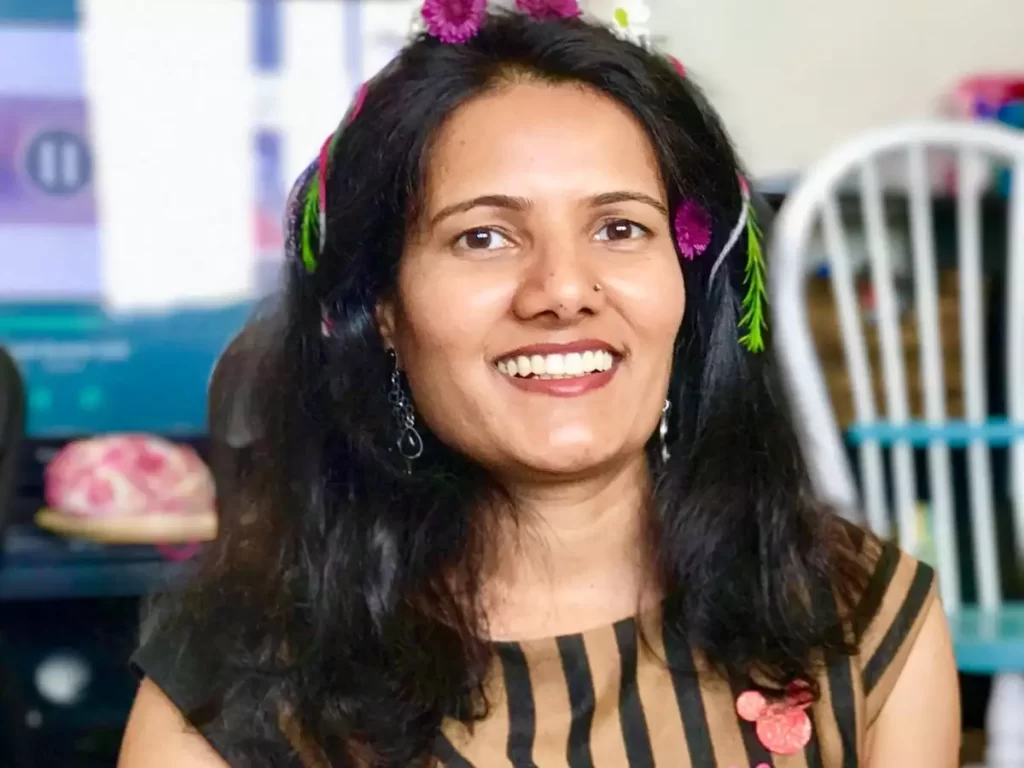
Maya Vishwakarma
Founder, Sukarma Foundation, Social Activists, PadWoman
A woman who goes by the name of PadWoman of India has been fighting for menstrual hygiene rights for a long time. She says she is the ‘standing example’ of the dire consequences caused to Indian women due to the taboos surrounding menstruation.
Born into a poor farming community in Narsinghapur district of Madhya Pradesh (MP), Maya had no access to sanitary pads until she was 26 years old. She faced many health complications due to a lack of proper hygiene, which triggered her desire to provide women in rural India with better access to sanitary products.
Despite financial obstacles, despite not having any formal training, she continued her studies and completed her postgraduate degree in biochemistry from a university in Jabalpur. She then moved to the US to further become a research scholar in leukemia.
Through all of this, her physical health problems kept her from doing anything about the cause she was working so hard to solve in her country.
At the age of 36, after quitting her high-paying corporate career, she founded the Sukarma Foundation in order to raise awareness around menstrual hygiene, promote the importance of sanitary pads and bust the stigmas and myths surrounding them.

Anu Sridharan
Founder, NextDrop
Anu Sridharan, an engineer from India, decided to address this problem of erratic water supplies in urban areas by tackling the most basic but biggest pain points in the water distribution system. When will I be able to drink the water from the tap again? To solve this problem, Anu and her colleagues developed a crowdsourced data platform that sends out a notification one hour before the water comes through the tap.
It began as a student project called “NextDrop” which eventually grew into a social business that now provides reliable and up-to-date information about the city’s drinking and wastewater infrastructure. Utility engineers get live alerts when there are issues with the water supply system.
NextDrop currently operates in four Indian locations, including Bangalore and Hubli where its headquarters are located. To run this social service, Company is charging families Rs. 10 per month subscription fee for non-BPL families and Rs.5 per month subscription fee for BPL families. Anu says that the technological principles behind NextDrop aren’t new. Crowd-sourcing is an idea that’s been around for a long time. This idea to revolutionize the way we get our drinking supplies has won numerous awards and accolades from Bill & Melinda Gates Foundation, the Knight Foundation, Google, Clinton Global Initiative Universities and many others.
Anu is clearly someone who is passionate about providing better government services. As a result, she was chosen by Forbes magazine as one of the “30 Social Entrepreneurs Under 30.” She strongly believes that entrepreneurs can achieve their goals if they have the courage and strength to follow their instincts regardless of what others think. It doesn’t matter what anyone else says; it’s about what feels right for you.
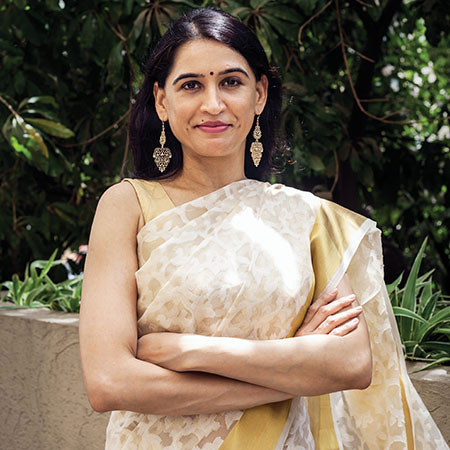
Priya Naik
Samhita Social Ventures, Social Activist, Founder
At age 25, Priya Naik (Founder of Samhita Social Ventures) had already travelled to 25 different countries, including Cuba, Ghana, and Nigeria. She grew up in the Middle East, which doesn’t normally consider poverty a problem.
When I went to India for the first time, I was surprised by some things. Two things made me decide to start this organization: the need to create something different and the desire to be responsible for it.
Master’s degree in three subjects – economics from Yale University; public policy from the University of Michigan; commerce from Mumbai University. Priya holds an Executive Education degree from Harvard Business School.
She has been involved with several organizations including CECP, ANDA, FICCI, UNSTEREOTYPE ALLIANCE, and VISION CATALYST FUND. Priya Naik started her entrepreneurial journey by joining two student-led start-ups – Aerovax, which developed safe, inhalable aerosols for delivering vaccines, and Kalpataru Microfinance, which provided innovative, low-cost financial services to microfinance organizations.
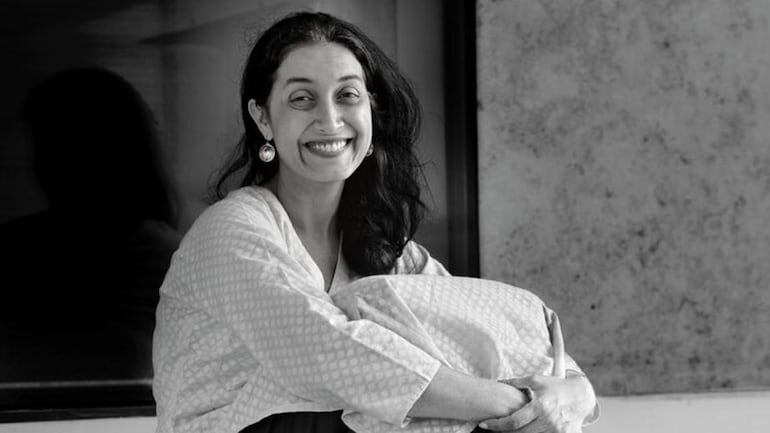
Shaheen Mistri
CEO, Teach for India
Shaheen Mistri is the CEO of Teach for India and serves as a member of its Board of Directors. She has been recognized globally for her dedication and commitment to the fight for educational equality.
Born in Mumbai, she grew up in 13 different countries. When she was eighteen years old, she decided to return to her hometown, Mumbai, which was then undergoing an economic boom. She soon discovered that children living in the slums lacked the educational opportunities and skills needed to succeed in India’s highly competitive job market. She founded the first Akaksha Center in 1989, which enrolled 15 children and employed college friends as volunteers.
Eventually, the center became an educational foundation called Akanksha, which provided after-school tutoring for kids from low-income neighborhoods. Over the past 25 years, the Akanksha foundation has grown from helping 15 children at one center to almost 4,500 kids across 51 centers and 16 schools in Mumbai (Maharashtra) and Pune (Maharashtra).
When Shaheen saw the growing recognition of Akanksha’s work, she decided to take advantage of the opportunities presented by her new connections and meet Wendy Kopp, the Founder of Teach for America. With five colleagues, Shaheens started Teach for India in 2008. Since then, the program has recruited, trained, provided internships for, and hired nearly 1,700 fellows in schools across 7 cities. More than 1,200 Teach for India alums are currently employed by organizations across the country, including public schools, charter schools, private schools, universities, and non-profits.
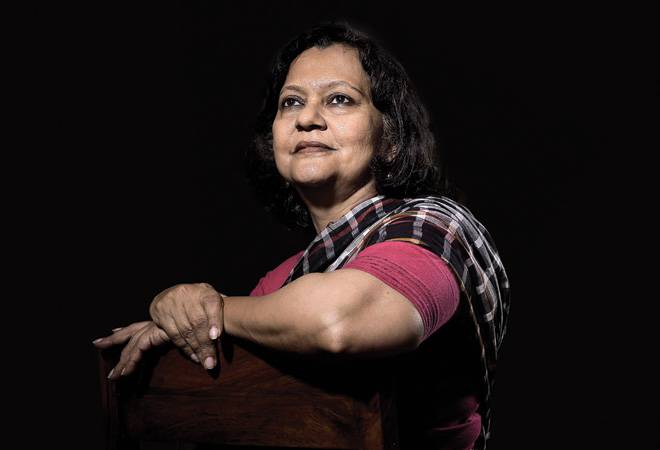
Samita Ghosh
Founder, RangSutra
While on a sabbatical in 2002, the idea for RangSutra first occurred to me. Writing a paper on 21st-century organizations that would address inequality and injustice faced by many communities around the world. We imagined an organization that could bridge the gap between marginalized rural communities and prosperous urban India, between tradition (of craft) and modernity (of business), to create a more equitable society.
It took us four long years to finally get registered as RangSutras Craft India in 2006 and begin working in full swing. We believe that our approach remains constructive by building on skills that artists and their groups already possess and linking this with the market for handmade goods in India and the rest of the globe. We want to help these craftspeople create viable enterprises that sustain themselves financially and provide employment opportunities for their families.
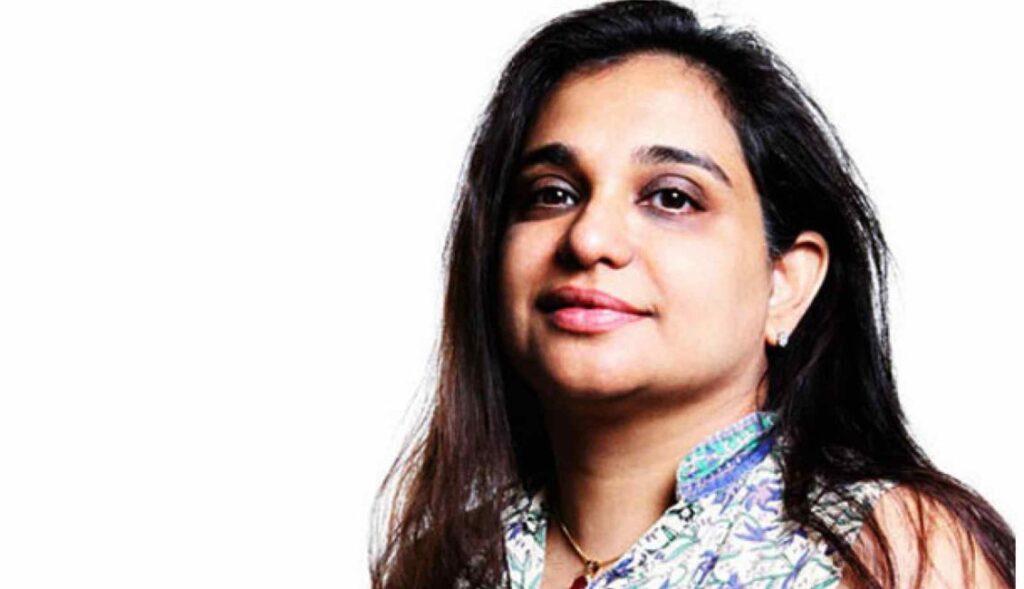
Jeroo Billimoria
Founder, Child Line
First starting out in Mumbai, Jeroo worked with kids living on the streets. Seeing how their precarious living conditions made them highly vulnerable to abuse, exploitation, and illnesses, she felt compelled to help these kids.
Jeroo quickly realized that civil society organizations were independent of one another and didn’t provide after-hour support for young people, which was when they needed help the most.
She gave them her personal cell number in the event of an emergency. Every night the phone would ring.
From that simple act of caring and then later recognizing a great need came ChildLine. A homeless person could dial any phone number and get help from a trained and sympathetic homeless person. Soon after that, help would arrive.
The consequences were profound – services connected with needs; quality assurance became normalized; shortages gained resources. Police exploitation dropped significantly after a caller called a sympathetic police dispatcher who lived nearby and told her what an officer was doing.

Dr. Urvashi Sahni
Indian social entrepreneur, human right activist and educator
Dr. Urvashi Saini is an Indian social entrepreneur, human right activist and educator. Through her various organizations, she has been working towards the empowerment of underprivileged people for over 30 years. She is a leading authority on school governance, curriculum reforms and teacher training with a particular emphasis on girls’ education and the use of technologies in education.
She founded SURAKSHA, a women’s rights organization, in 1983 in UP, India. She is the founder and chief executive officer of SHEF, an educational foundation, under which she has set up three K-12 school institutions, one for girls and two for boys, providing affordable high-quality education to over 1,000 students from urban slum communities.
SHEF directly provides educational opportunities to over 4,000 school kids, including middle-class urban kids, disadvantaged girls and boys, out-of-school kids, and rural kids. It is the founder and director of the Digital study hall, which expands the pedagogic practice developed by the foundation to urban and rural schools in Uttar Pradesh and reaches out to over one lakh kids and teachers.
A prolific Social Entrepreneurship, Dr. Sahni also started Diddis, a social enterprise generating sustainable livelihoods for women, employing 65 Prerna graduates.
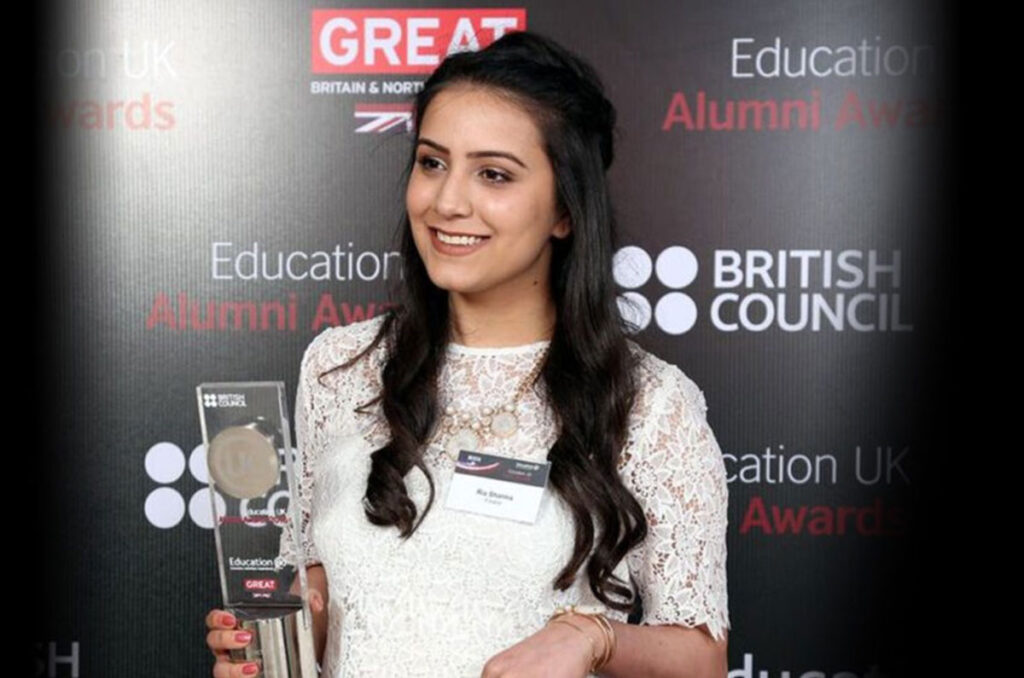
Ria Sharma
Founder, Make Love Not Scars
After making a documentary film about acid attacks in her third year at university, Ria Sharma founded ‘Make Love Not Scars’. She specializes in providing medical, legal and educational rehabilitation for survivors of this terrible act.
She has helped more than 60 girls so far. In 2017 she won a United Nations’ Goalkeeper Global Goals Award and the “CNBC India Business Leader” award and was named “Brand of the year” for her acid sale awareness initiative.
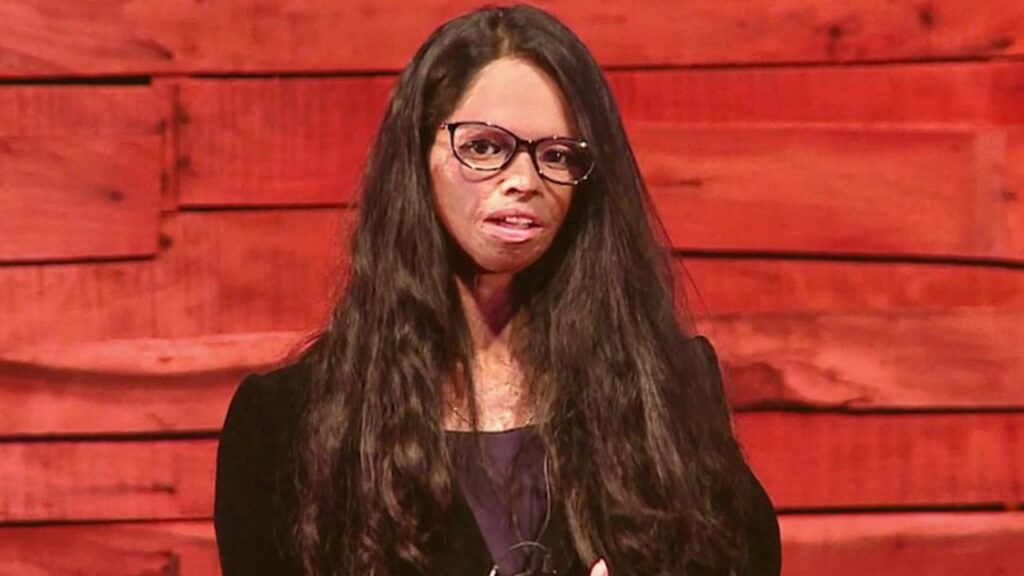
Laxmi Agarwal
Chhanv Foundation, Social Activist & Director
An acid attack survivor herself, she is the Indian campaigner with Stop Acid Attacks. She is an inspiration for thousands of acid attack survivors in India. Laxmi along with being an Indian campaigner is a TV host too. She speaks for the rights of acid attack victims.
She was attacked in 2005, at the age of 15, by a 32-year-old man whose advances she had rejected. Her story, among others, was told in a series on acid attack victims by Hindustan Times. But she was not one to succumb to words like, “Ladkiyan Kamzor Hoti Hain, Yeh Kahaan Ladengi.”
She is presently the director of Chhanv Foundation, an NGO dedicated to helping the survivors of acid attacks in India. She received multiple awards in India for her work to curb the sale of acid and rehabilitate the survivors of acid attacks through her foundation. A new campaign “Face of Courage” by Fashion Brand Viva N Diva has now Laxmi as their spokesperson making her the first-ever acid attack victim to serve as an ambassador of a fashion brand. Through this campaign, Lakshmi motivates everyone to appreciate and focus on inner beauty rather than only on exterior appearance.
Her courage has been recognized worldwide and she has been awarded:
1. An International Women of Courage (2014) Award by US First Lady Michelle Obama
2. She was also chosen as the NDTV “Indian of the Year”


